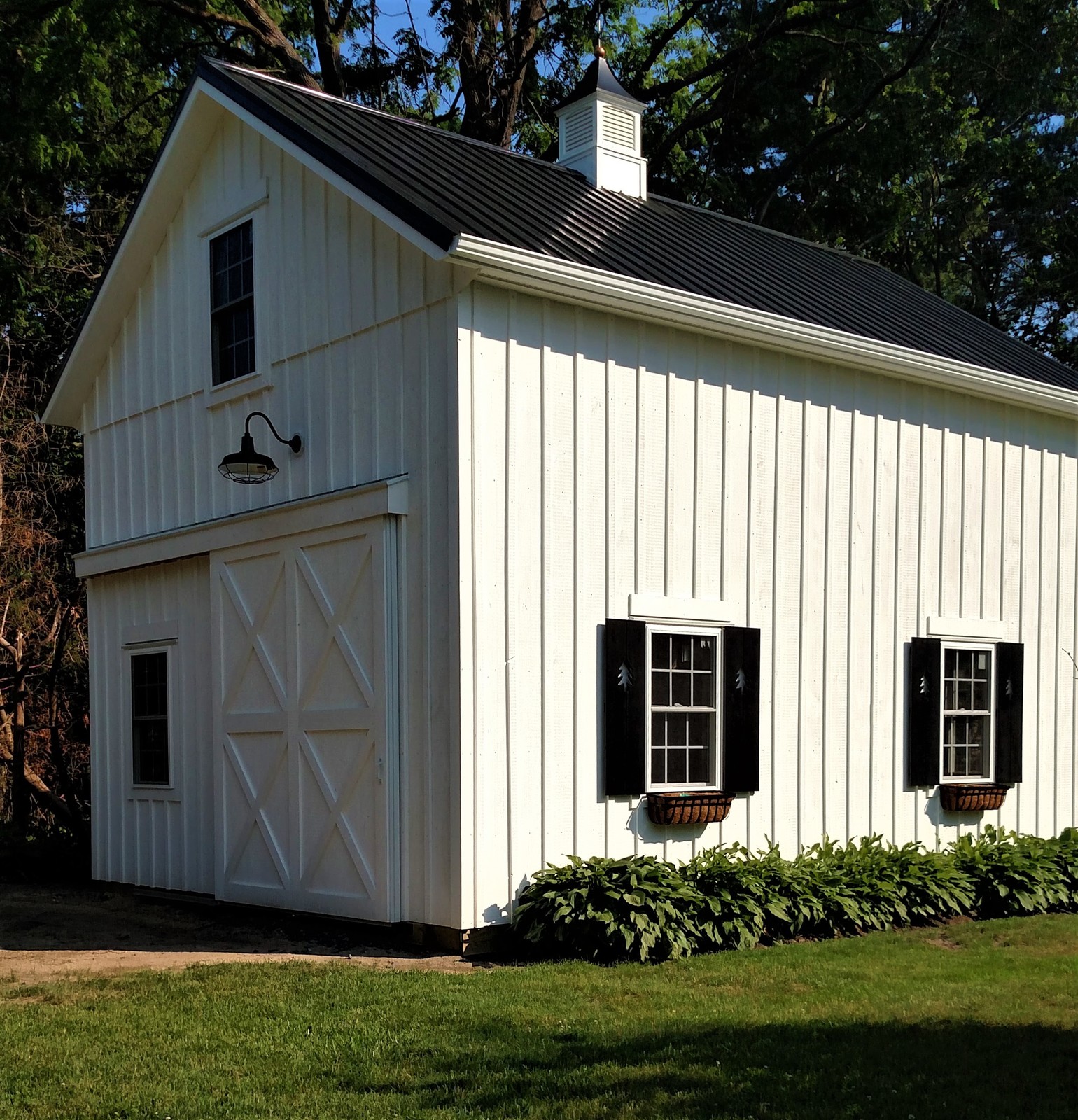Do you love hiking? Are you aware of the ongoing debate about whether hiking is racist? This controversial topic has sparked discussions among outdoor enthusiasts and activists alike. In this article, we will explore the issue of is hiking racist, its history, myths, hidden secrets, and provide recommendations for a more inclusive hiking experience.
Many individuals argue that hiking, as an outdoor activity, is inherently racist. They point out that access to hiking trails and national parks has historically been limited to certain groups of people, often excluding marginalized communities. This lack of inclusivity has perpetuated a stereotype that hiking is primarily for white, affluent individuals.
However, it is important to note that the target of is hiking racist is not to label hiking itself as racist, but rather to address the systemic barriers that have prevented equal access to outdoor spaces for all individuals. By acknowledging these issues, we can work towards creating a more inclusive and diverse hiking community.
Personal Experience and Explanation
As an avid hiker, I have personally witnessed the lack of diversity on many hiking trails. During my hikes, I often find myself surrounded by predominantly white hikers. This lack of representation is a reflection of the systemic barriers that prevent individuals from marginalized communities from engaging in outdoor activities.
Is hiking racist can be better understood by examining its historical context. Throughout history, access to natural spaces has been limited for certain groups. This includes the forced removal of indigenous communities from their ancestral lands and the establishment of segregated parks during the Jim Crow era. These actions have contributed to the perception that hiking is a predominantly white activity.
Despite these challenges, there are hidden secrets within the hiking community that are working towards a more inclusive future. Organizations and individuals are actively advocating for equal access to outdoor spaces, organizing hiking events for underrepresented groups, and working towards diversifying the outdoor industry as a whole.
Recommendations for an Inclusive Hiking Experience
If you want to contribute to a more inclusive hiking community, here are some recommendations:
- Educate yourself on the history and experiences of marginalized communities in relation to outdoor spaces.
- Support outdoor organizations and initiatives that promote diversity and inclusion.
- Participate in or organize hikes that specifically aim to include individuals from underrepresented communities.
- Engage in conversations about inclusivity within the hiking community and advocate for change.
Exploring the Topic in More Detail
Understanding the complexities of is hiking racist requires a deeper dive into the underlying issues. It involves examining the intersectionality of race, socioeconomic status, and access to outdoor spaces. By addressing these factors, we can work towards creating a more equitable hiking experience for all individuals.
Tips for a More Inclusive Hiking Community
To foster a more inclusive hiking community, consider the following tips:
- Be mindful of the language and imagery used in hiking-related content to ensure it is inclusive and representative.
- Invite and encourage individuals from diverse backgrounds to join your hiking group or organization.
- Actively listen to the experiences and perspectives of individuals from underrepresented communities.
- Advocate for increased representation and inclusion within outdoor organizations and businesses.
Question and Answer
Q: Is hiking inherently racist?
A: Hiking itself is not inherently racist, but the lack of access and representation within the hiking community has perpetuated racial disparities.
Q: How can I contribute to a more inclusive hiking community?
A: You can contribute by educating yourself, supporting inclusive initiatives, and actively working towards diversifying the outdoor industry.
Q: What are some organizations working towards inclusivity in hiking?
A: Outdoor Afro, Latino Outdoors, and Indigenous Women Hike are just a few organizations actively promoting diversity and inclusion in the hiking community.
Q: How can hiking contribute to social justice?
A: Hiking can contribute to social justice by providing opportunities for individuals from all backgrounds to connect with nature, fostering a sense of belonging, and advocating for equal access to outdoor spaces.
Conclusion of is hiking racist
The debate surrounding is hiking racist is an important one that highlights the need for a more inclusive and diverse hiking community. By acknowledging the historical barriers and working towards equal access for all individuals, we can create a more equitable outdoor experience. Let's strive to make hiking a welcoming activity for everyone, regardless of their race or background.

No comments:
Post a Comment